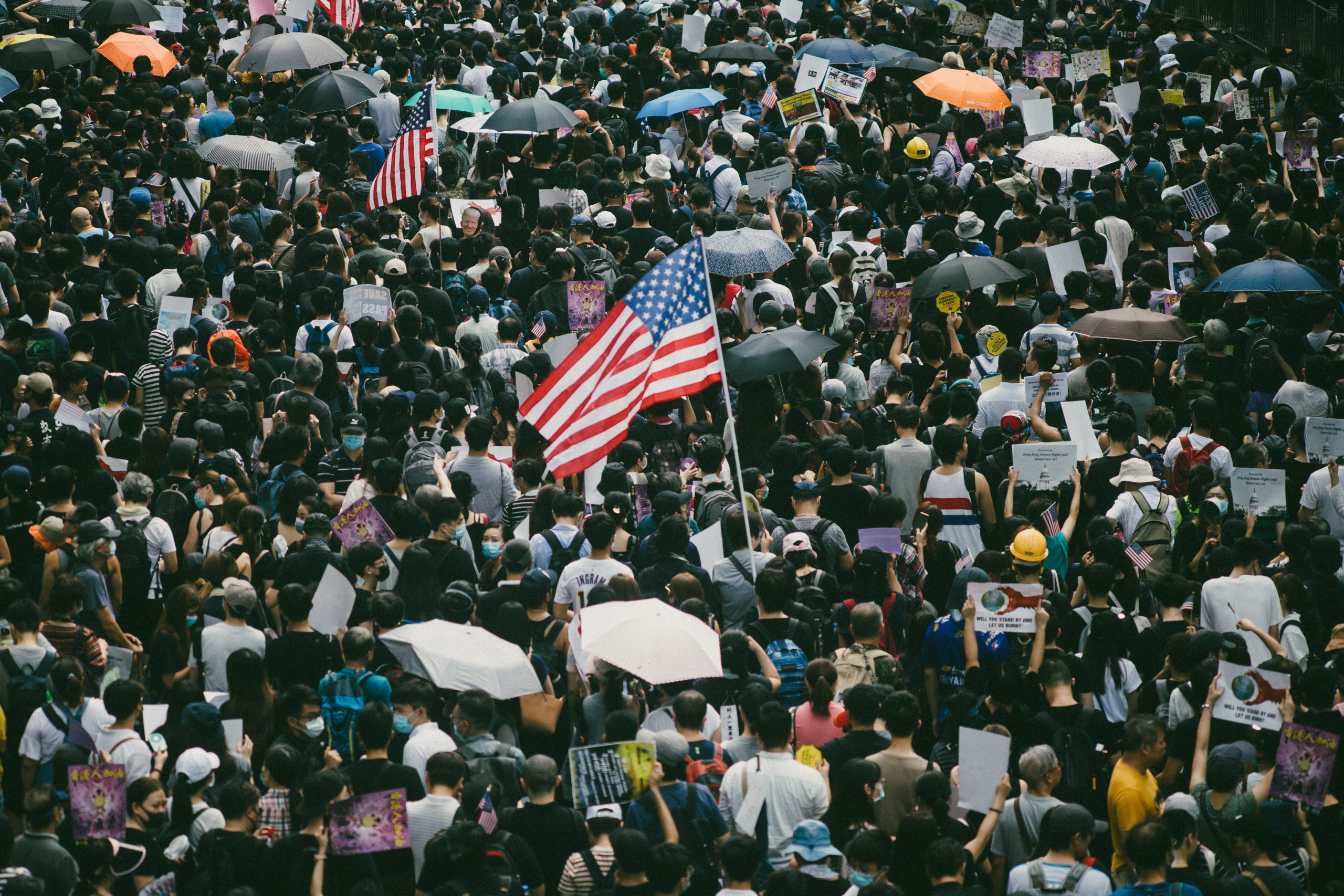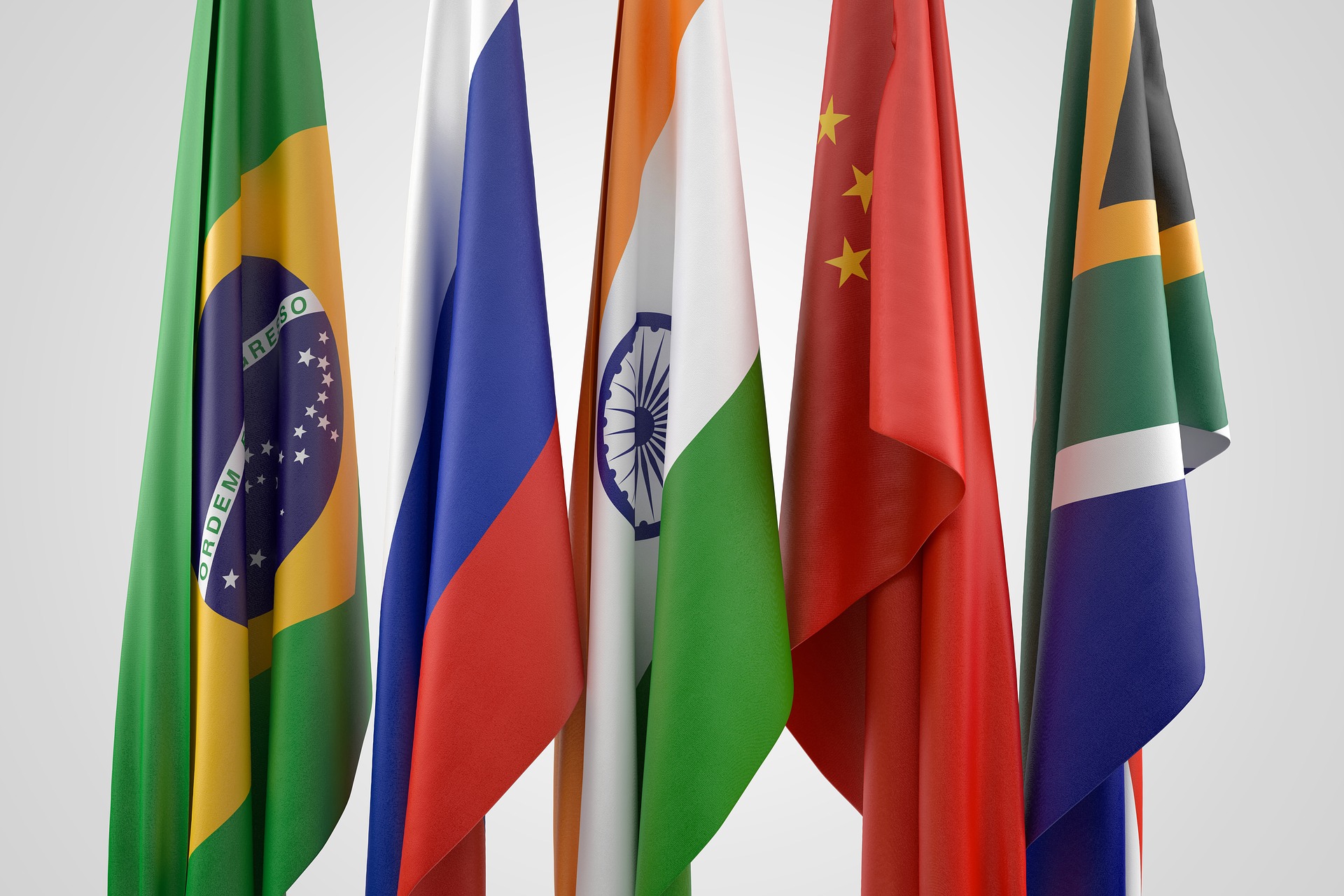Research Articles

Institutional Coordination in Disaster Management in the Asia Pacific
|By Vinod Aggarwal – Director|
Natural Hazards Review, 2021
According to the United Nations, between 1970 and 2016, natural disasters in East Asia have killed an average of 43,000 people per year (ESCAP 2018).

Economic Statecraft in the 21st Century: Implications for the Future of the Global Trade Regime
|By Vinod Aggarwal – Director| Andrew Reddie – Deputy Director|
World Trade Review, 2021
This article introduces a special issue that examines the effects of strategic competition on the future of the global trade regime.

Chinese Gains from RCEP and Implications for US-China Competition
|By Yuhan Zhang – Associate Director|
BASC News, 2021
Against the backdrop of deglobalization and trade protectionism, 15 countries signed the Regional Comprehensive Economic Partnership (RCEP) in November 2020.

Digital Currency Wars? US-China Competition and Economic Statecraft
|By Vinod Aggarwal – Director| Tim Marple|
Global Asia, 2020
The importance of digital currencies is rising in a variety of economic relations across the world, ranging from basic payment systems such as Bitcoin to alternative central bank currencies.

Toward a Bipolar Economic Order? U.S. Trade Strategy In The 21st Century
|By Vinod Aggarwal – Director|
Japan’s Leadership in the Liberal International Order, 2020
Divining the eventual direction of U.S. trade policy might best be left to sorcerers, particularly with the dramatic uncertainty that has been created by the COVID-19 crisis.

Cooperation and Conflict in the Global Political Economy
|By Vinod Aggarwal – Director|
Oxford University Press, 2020
It is now commonplace to hear about the phenomenon of globalization.

New Economic Statecraft: Industrial Policy in an Era of Strategic Competition
|By Vinod Aggarwal – Director| Andrew Reddie – Deputy Director|
Issues & Studies: A Social Science Quarterly on China, Taiwan, and East Asian Affairs, 2020
The 2018 U.S. National Defense Strategy notes that the United States faces “an increasingly complex global security environment, characterized by overt challenges to the free and open international order and the re-emergence of long-term, strategic competition between nations.”

Japan’s Leadership in the Liberal International Order: Impact and Policy Opportunities for Partners
|By Vinod Aggarwal – Director|
University of British Columbia, 2020
On January 24 and 25, 2020, a group of leading scholars and policy analysts from Canada, Japan, and the United States convened at the University of British Columbia in Vancouver, Canada, under the aegis of the Centre for Japanese Research to explore the new phenomenon of Japan’s leadership in the liberal international order (LIO).

Hypersonic missiles: Why the new “arms race” is going nowhere fast
|By Andrew Reddie – Deputy Director|
Bulletin of the Atomic Scientists, 2020
Speaking on December 24, 2019, Russian President Vladimir Putin marked the deployment of Russia’s first nuclear-capable hypersonic missile system, noting, “Today, we have a unique situation in our new and recent history. [Other countries] are trying to catch up with us. Not a single country possesses hypersonic weapons, let alone continental-range hypersonic weapons.”

Japan’s Leadership in the Liberal International Order: Impact and Policy Opportunities for Partners
Since 2016, Japan has shown remarkable leadership on several dimensions of global and regional economic governance, including trade governance, economic and data governance, regional rules-based order, and environmental governance. How significant is this new phase of Japanese international leadership in historical […]
Read More
The US Needs an Industrial Policy for Cybersecurity
|By Vinod Aggarwal – Director| Andrew Reddie – Deputy Director|
Defense One, 2019
President Trump’s recent Executive Order restricting the use of Huawei’s telecommunications equipment was hardly the first time the U.S. government has intervened in the private sector for purposes of national security.

Reflections on the INF Withdrawal
|By Andrew Reddie – Deputy Director|
Center for Strategic and International Studies, 2019
Two weeks ago, the Trump administration announced that it intends to suspend its commitment to the INF Treaty and exercise Article XV of the Treaty.
